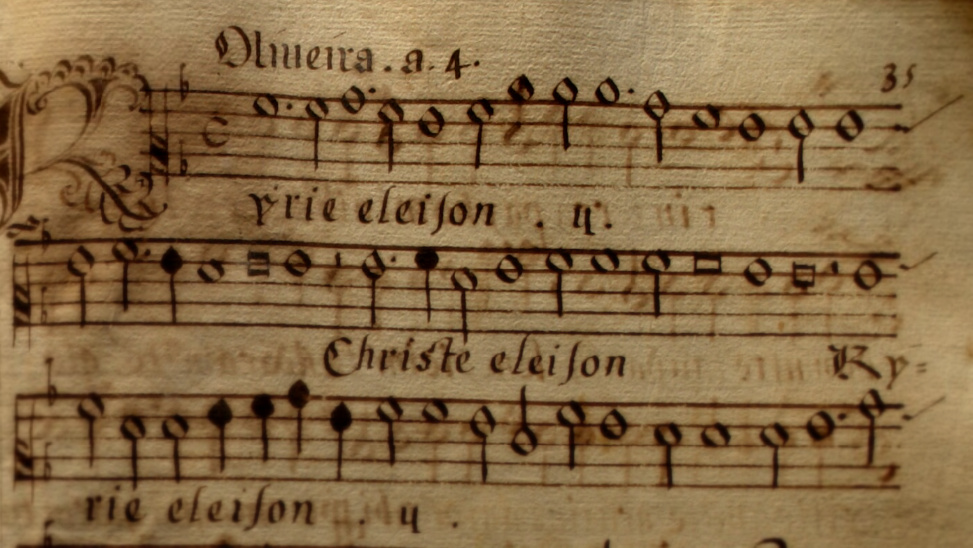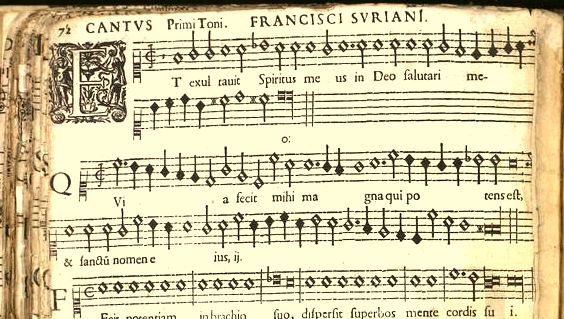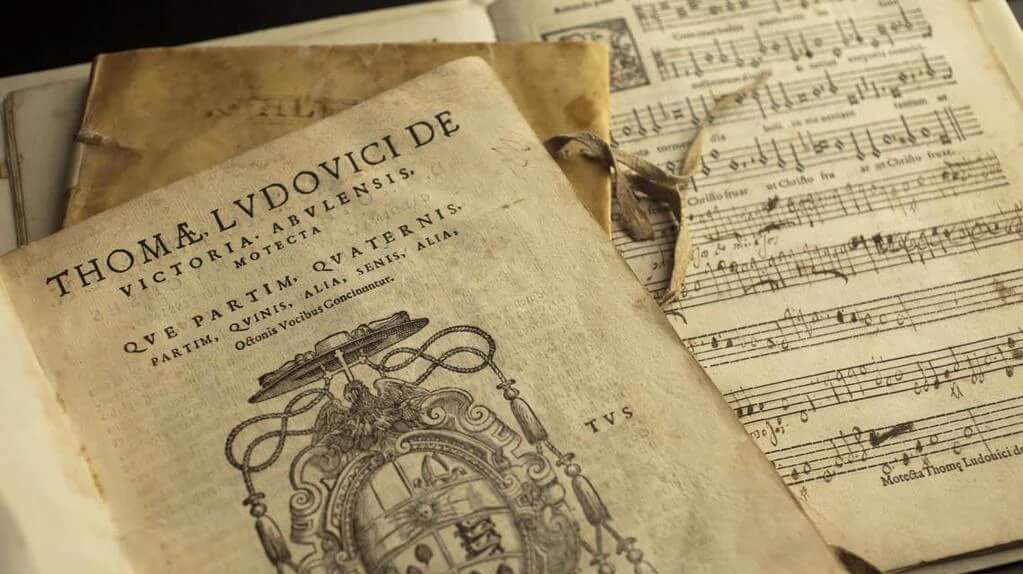Two mid-16th-century Cecilian parody masses
When speaking of Cecilian music, one generally has the idea of the nineteenth-century movement, mostly centred in Germany, that pushed a reformation of Catholic church music, aiming to restore a more traditional religious feeling and the authority of the church in regard to the sacred music repertoire. This movement of the 1800s was in great part inspired by the fifteenth-century …












